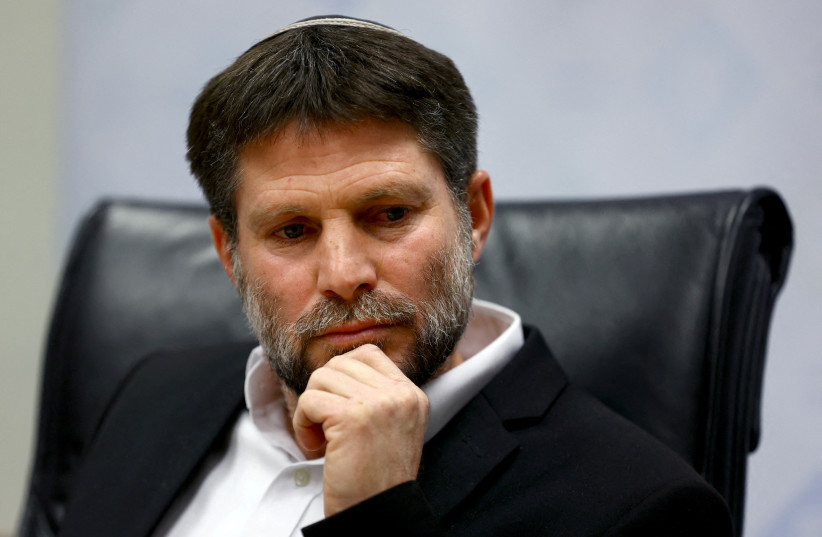The Rabbinical Committee for the Selection of the Religious Zionist Candidate announced on Monday that it has withdrawn its choice of Rabbi Meir Kahane, a judge in the Rabbinical Court in Ashkelon, as the religious Zionist candidate for the position of Chief Ashkenazi Rabbi, partly due to pressure from ultra-Orthodox rabbis against his candidacy.
The decision reopens the race for the Chief Rabbinate positions, which will be held in about a month.
The Rabbinical Committee was established by Rabbi Yaakov Ariel, a prominent figure in the religious Zionist rabbinate, a year ago in response to a request from the chairman of the Religious Zionist Party, Finance Minister Bezalel Smotrich. The request was to form a broad and diverse group of rabbis to decide on an agreed-upon religious Zionist candidate.
The committee initially announced its selection of Rabbi Kahane, but since then, significant pressure has been put against the decision, including from rabbis expressing a desire to contend for the position, such as Rabbi Yaakov Shapiro, Rabbi Eliezer Igra, Rabbi Micah Levy, and Rabbi Samuel Eliyahu.
In a letter sent to Minister Smotrich, the rabbis stated, “In recent weeks, to our dismay, we have witnessed numerous appeals against the validity of the decision, accompanied by practical activities. In defense of our integrity, the committee's effort - in which we invested considerable efforts - and which, in our view, was conducted properly and respectfully, did not succeed in achieving the desired outcome of broad public consensus and full endorsement of a single agreed-upon candidate - an outcome for which we turned to you, so that you could properly fulfil the mission of appointing a religious Zionist rabbi as chief rabbi.
“Therefore, we are forced to return the responsibility to you.” The rabbis noted in the letter that over the past year, Smotrich and his associates “acted faithfully” and stood behind the committee's decision.

Chief Rabbinate elections
The elections for the Chief Rabbinate are expected to take place at the end of June. Among the candidates for the position of Sephardi Chief Rabbi
were Rabbi David Yosef, son of the late Rabbi Ovadia Yosef, and Rabbi Yehuda Deri, brother of Shas chairman Aryeh Deri.
Additional candidates such as Rabbi Shmuel Eliyahu, the rabbi of Safed, also considered running. Moreover, Rabbi Kahana, Rabbi Micha Halevi, the rabbi of Petah Tikva, Rabbi Moshe Chaim Lau, son of Rabbi Yisrael Meir Lau, and brother of the current Chief Rabbi David Lau, are running for the position of Ashkenazi Chief Rabbi.
On the eve of the government formation, a deal was reached between Shas and the Religious Zionism party, in which a Religious Zionist candidate would be chosen for the position of Ashkenazi Chief Rabbi and a Haredi candidate for the position of Sephardic Chief Rabbi. Criticism against Rabbi Kahana was voiced from within the Haredi community, and his chances of being elected were very low.
However, with the committee's announcement, the situation altered and the chances of each Rabbi changed.
